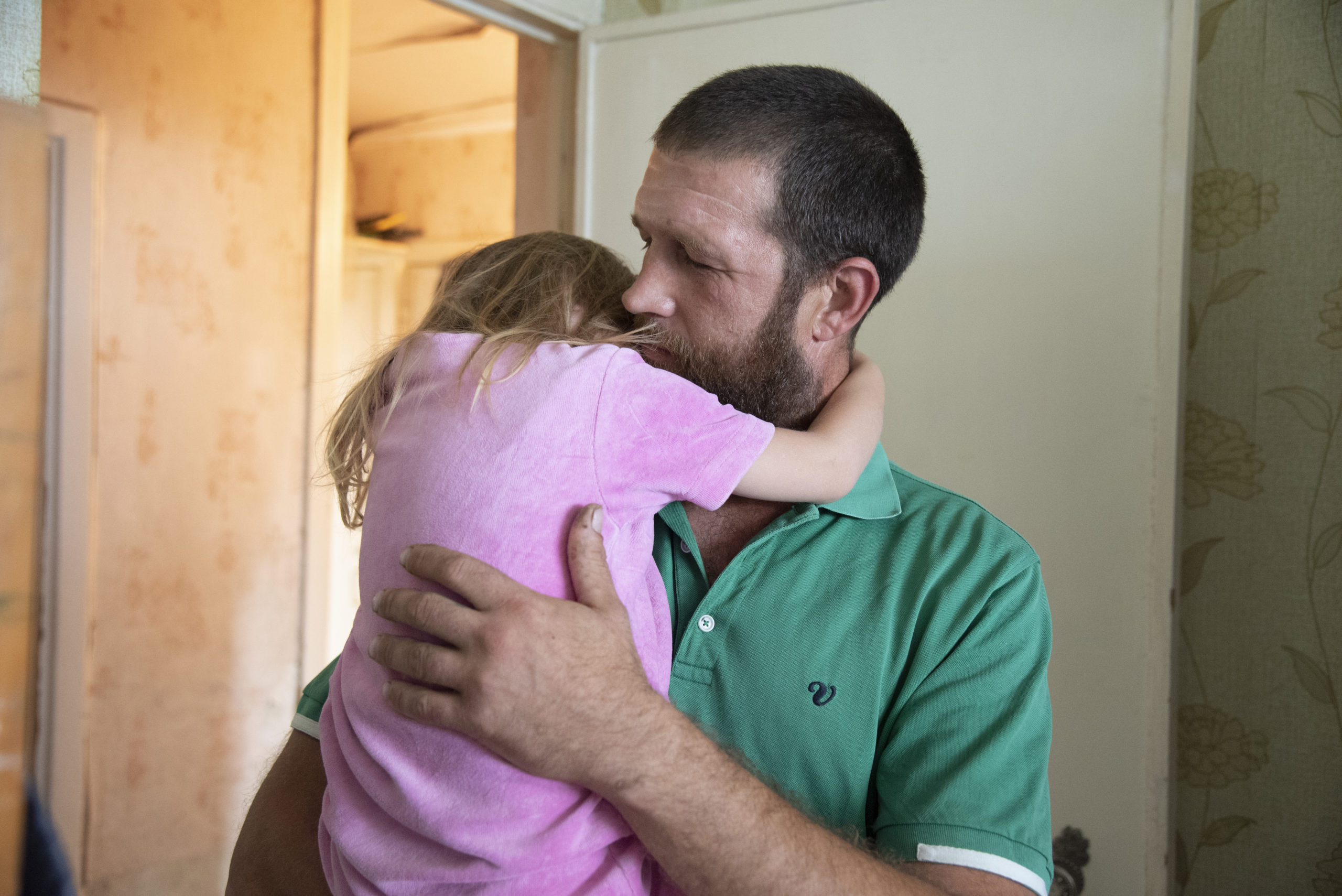There’s no two ways about it, war is frightening and can cause us to feel anxious, helpless or even have feelings of survivors’ guilt. “Why them and not me?” is a question many people have asked themselves, or “what can I do to really actually help?”
Many people find this guilt affects them differently: perhaps they say, “Well, I shouldn’t complain, my life isn’t that bad compared to those in Ukraine.”
Please – from today – I want to ask you to stop this. Guilt is one of those negative emotions that can really take hold and ruin everything. Firstly, it feels productive when it isn’t. Ask yourself: does you making yourself miserable do anything to make the war less real to those who are going through it?
The answer is clear, I think. But there’s a difference between knowing whether or not you are being rational and then actually changing how you feel.
Our incredible colleagues from SOS Children’s Villages Ukraine have put together some tips for overcoming difficult emotions:
- Avoid doing things that will cause yourself harm in an attempt to drown your pain or difficult emotions. Alcohol or drugs, comfort eating, constant “doom-scrolling” on the internet might all, at the time, feel like they give you temporary release from those difficult feelings, but in the long-term they will make It worse.
- Allow yourself to be sad, you have every right to feel that way. Sometimes naming the emotion allows us to accept how we are feeling, and helps the difficult emotion to pass. Say to yourself, “I am feeling sad/guilty/anxious/helpless,” rather than trying to push those feelings away.
- Remember what caused you to feel these intense emotions. Self-blame doesn’t really help anyone, so could you shift it to self-kindness instead? Say it out loud, “I am feeling sad/anxious/helpless because I am a kind person who cares deeply about what happens to other people.” If you have people around you, especially children, who are feeling this way, say it out loud to them. It can help to say what you see: “You look sad/anger/worried. I think that is because you care so deeply what happens to other people and don’t like to see them suffering.”
- Set yourself goals. These can be related to your work, your family life, self-help or helping others. Make your goals small and achievable, as ticking them off will increase your sense of wellbeing. Even something as simple as looking up a new recipe, getting the ingredients, making it and eating it with others can really feel like a big achievement, and can lift your mood a bit.
- Try to do something useful for other people. It doesn’t have to necessarily help people in Ukraine. When we help others, we actually help ourselves. This can be because it gives us a sense of purpose, which is known to enhance our sense of personal wellbeing. You can get involved in volunteering, give to a local food bank or give money to an appeal in Ukraine – you can donate to our appeal here.
Read Alina’s story of survivor’s guilt so you know you’re not alone.

